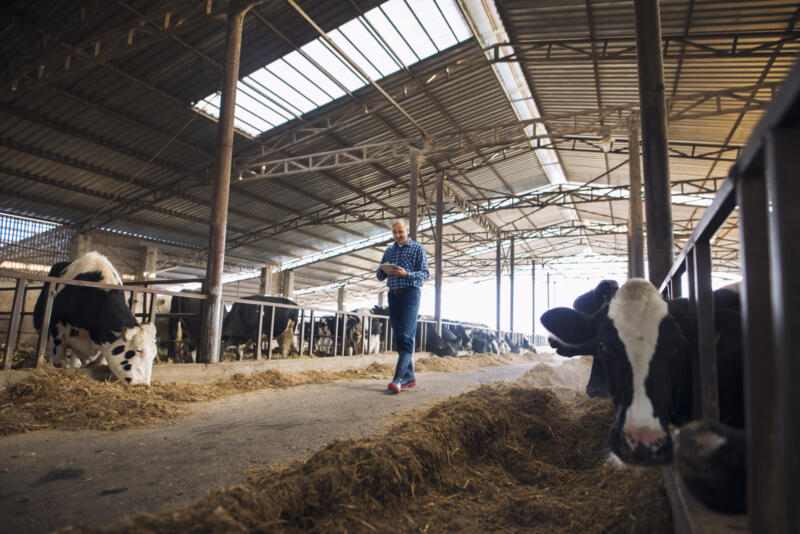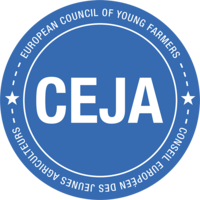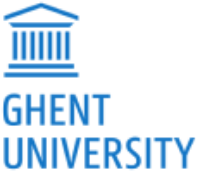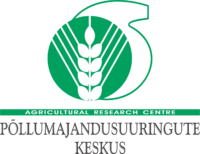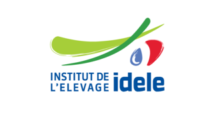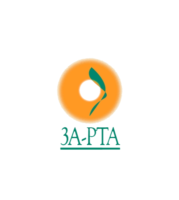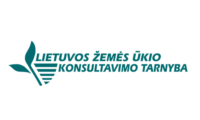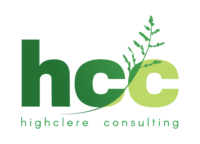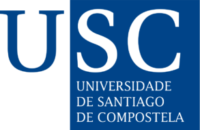The panel representatives, who besides Prof. Spanoghe from EUREKA included participants from five other projects – Integrated Pest Management (IPM) Decisions(Harm Brinks); AgriDemo-Farmer2Farmer (Fleur Marchand), Nefertiti FarmDemo (Luis Mira) and Farm Advisory Digital Innovation Tools Realised and Shared (FAIRshare) (Tom Kelly) – were encouraged to discuss the following themes:
- What is the ambition of your project?
- What are the most interesting learning experiences so far?
- What impact has become visible so far?
Pieter Spanoghe explained at the conference:
“The EURAKNOS project focused on European Thematic Networks. It is recently finalised but carried on by the ‘sister project,’ EUREKA, which considers all agricultural multi-actor projects. Both projects are multi-actor projects that involve a variety of stakeholders, including practitioners, and aim to collect digital knowledge that is ready for use by farmers, foresters, and advisors. These ‘knowledge objects’ will be searchable, findable and accessible in a digital platform that we call the EU FarmBook.
As a scientist, I believe that the translation of knowledge into useful and understandable material on farm and forestry level is the primary challenge. And this translation needs to happen in two ways: First, of course, from English or the original language into all languages in the EU; but even more importantly from a scientific language to a user-oriented language applicable in practice.”
Sharing his view on the important outcomes of this jointly-organized collaborative session, Pieter summarizes:
“Although the meeting was quite condensed, leaving limited time for deeper discussion among project representatives, it was striking how all projects face the same or very similar challenges. To me this means we need to come together. I value this kind of networking very much, and believe that other project coordinators would agree that more interactions like this are very much needed.”
Finally, on behalf of all projects involved in this important meeting, Pieter would like to sincerely thank Eelke Wielinga (resident consultant of ZLTO in the Netherlands and currently involved in the AgriSpin project, among others) and the others at Teagasc whose hard work and organisation made this meeting a success.
















